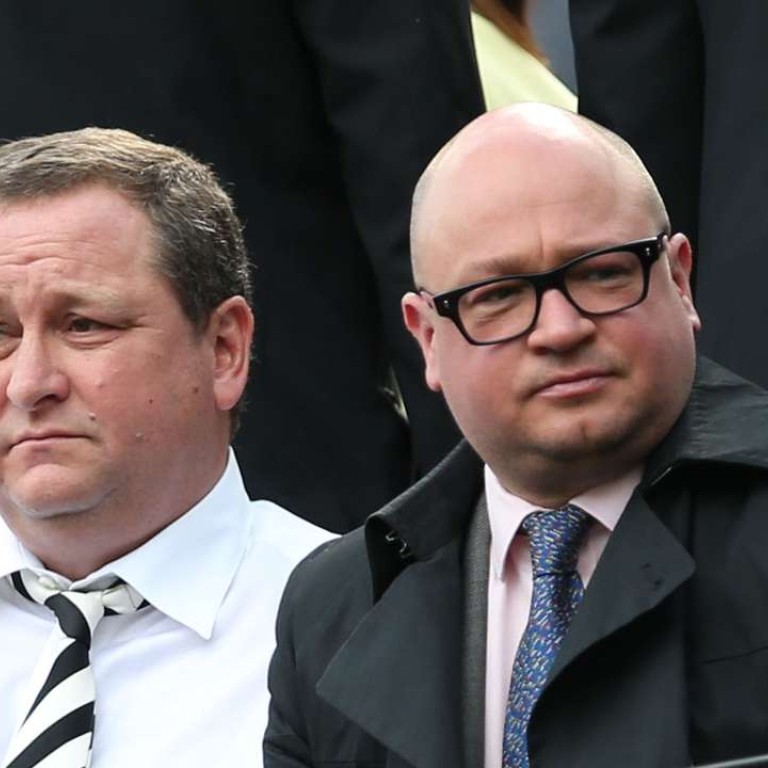
Death, taxes and football’s greed the three certainties in life as Premier League clubs investigated
Newcastle’s managing director Lee Charnley is arrested as West Ham also come under microscope
This wasn’t the script Newcastle United fans had in mind as they celebrated a return to the top flight. The first team bus to arrive at St James’ Park after the club bounced straight back to the English Premier League decanted not stars but law enforcement officers from Her Majesty’s Revenue and Customs, aka the tax authorities.
A replica raid by warrant-waving officers was taking place simultaneously at another iconic citadel 300 miles away, the London Olympic Stadium, where investigators rummaged through the offices of West Ham United, seizing computers, mobile phones and files.
More than 180 tax officials swooped on the clubs’ stadiums and training grounds, as well as other addresses across the UK and France.
Newcastle’s managing director, Lee Charnley, was arrested at home along with several others “working within the professional football industry” in Marseilles.
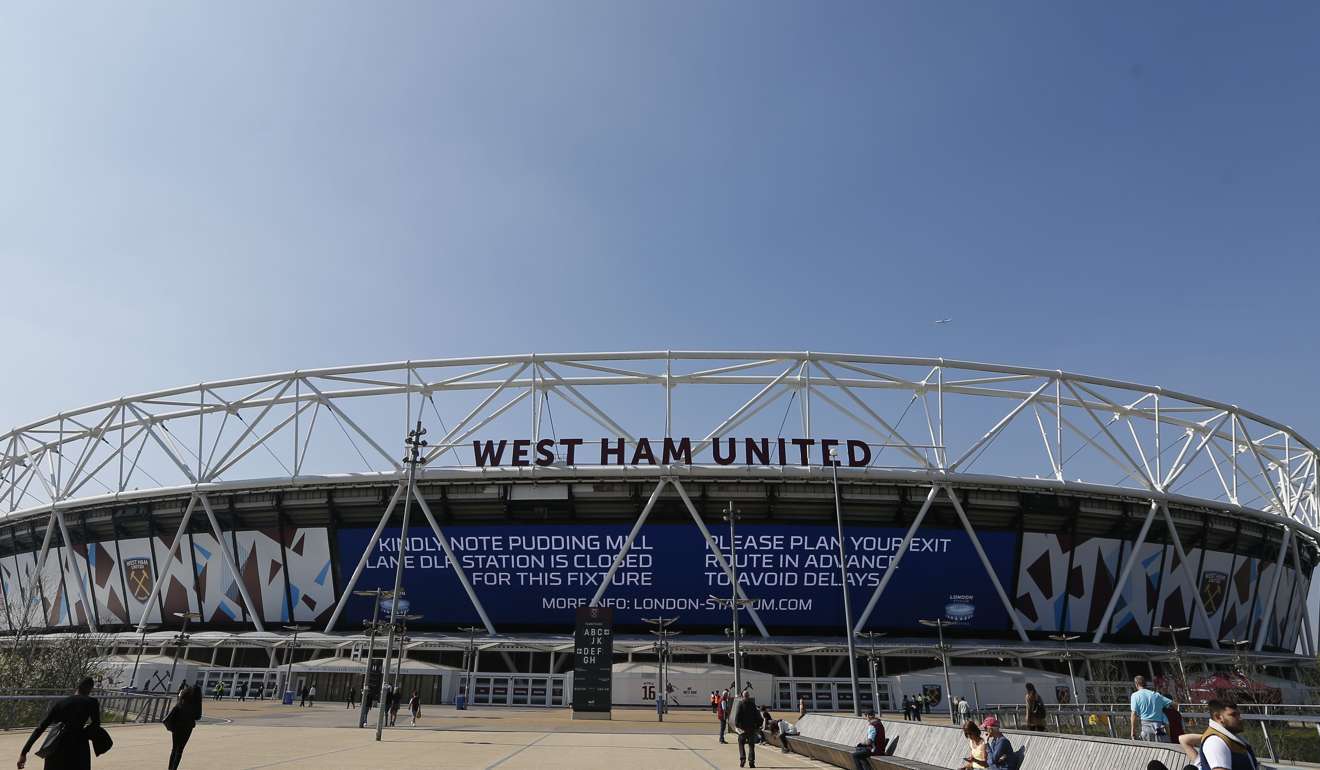
Tax cops from both countries are probing a serious tax fraud – understood to be in the region of £5 million (HK$50.2m) – committed during transfers of players between French clubs and Premier League clubs.
French investigators were asked to assist their British counterparts in July over concerns that “secret payments” may have been made to players or agents to enable them to avoid paying tax.
Football clubs usually make two payments when a player moves between them: one to an agent representing the other club and one to an agent representing the player.
Each agent would be expected to pay tax. The focus of the investigation is whether some football agents who were paid twice on the same transfer deal – once for representing a player and once for representing a club – may have only declared one side of the payment to the taxman.
We know the rich use their wealth to employ clever accountants to aggressively, even if legally, avoid paying tax in the peaceful civil societies they like to live in.
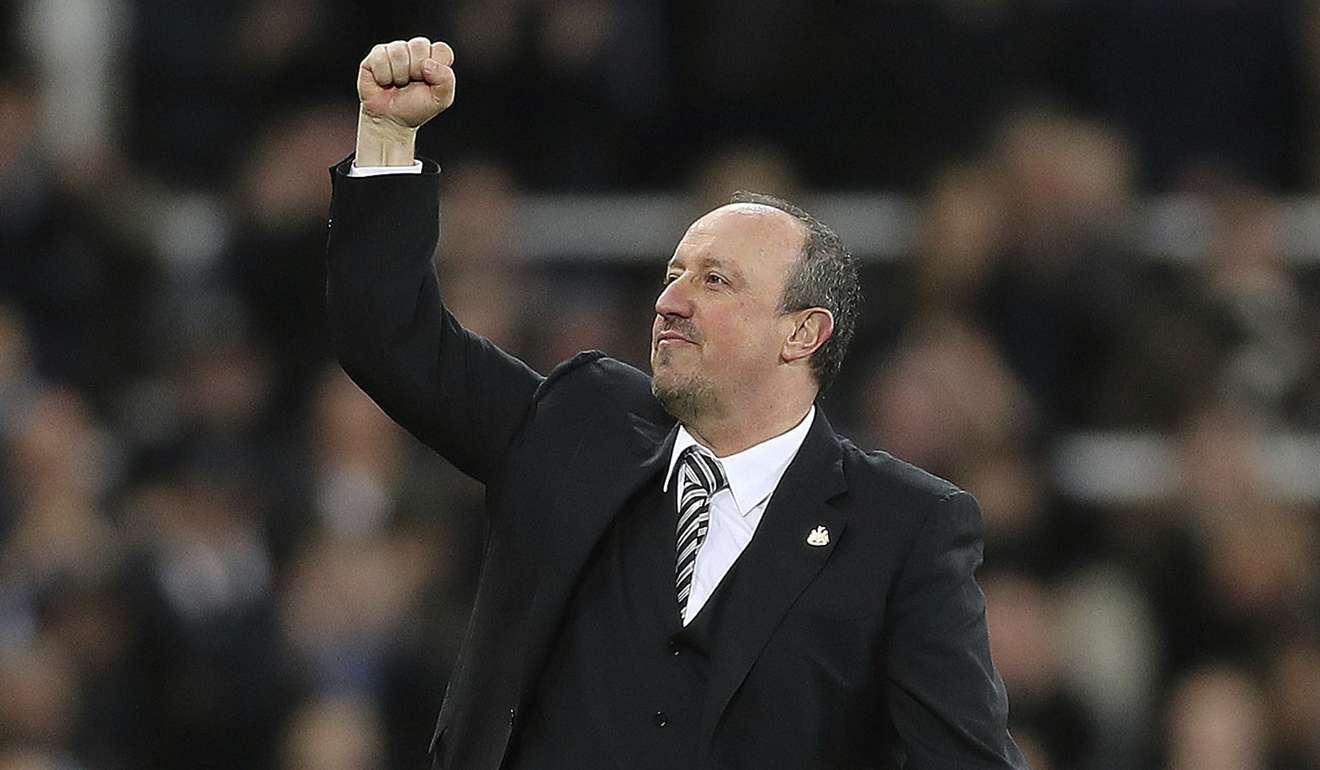
That overpaid footballers would willingly wish to fleece the very fans who pay their wages makes this latest scandal stink all the more, however.
Though not for a nanosecond does anyone believe the game is clean, populated as it is by various spivs and cads masquerading as financial advisers or agents declaring they are acting in the interests of their young, naive and wealthy clients.
English soccer clubs hit by tax raid, some arrested for suspected income and insurance fraud
And we’ve been down this road before. This year marks the 10th anniversary of the investigation into corrupting backhanders in English football led by Lord Stevens, the former Metropolitan Police chief. The Stevens Report, as it became known, was commissioned by Premier League chief executive Richard Scudamore in response to allegations and secretly recorded indiscretions about the state of the game from insiders, including well-known managers.
Five then-Premier League clubs were named and accused of breaking transfer regulations, and 15 agents and third parties involved in some 17 transfers were also singled out for sanctions by the governing FA.
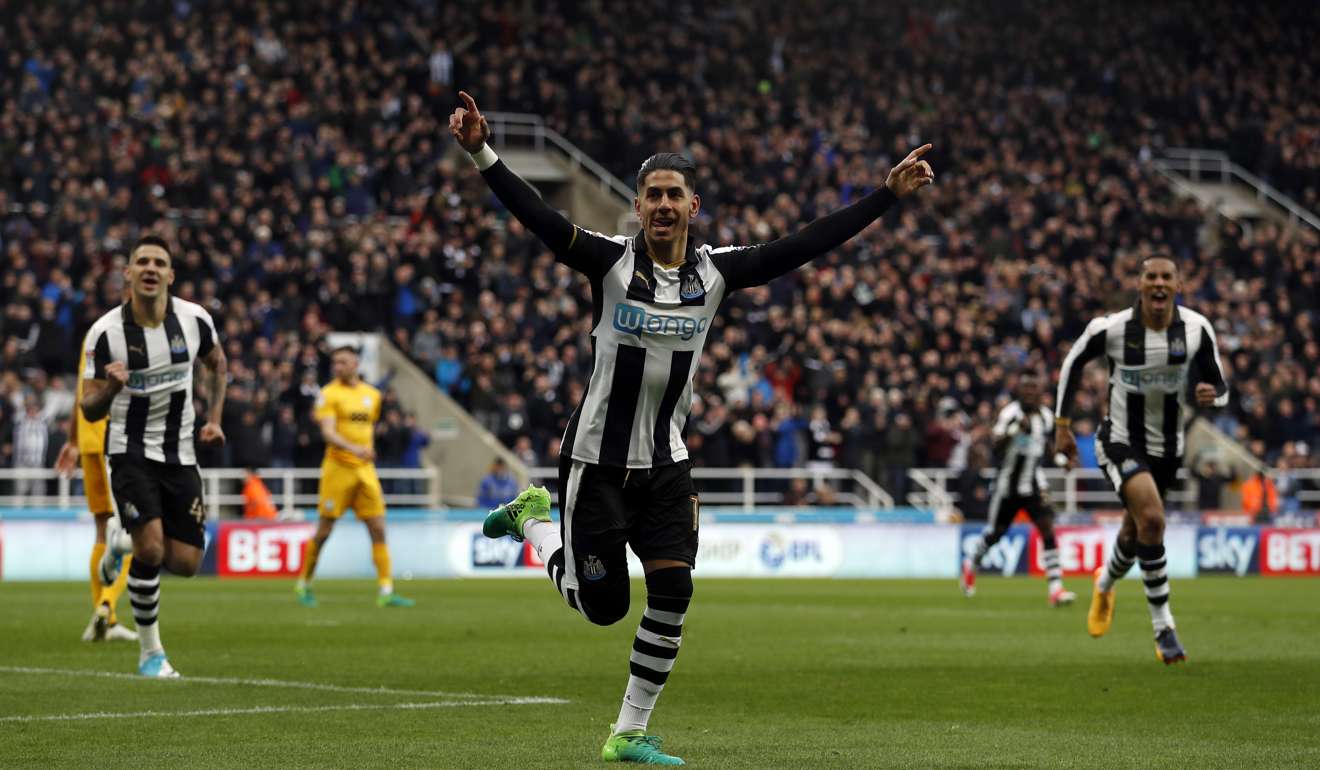
However, the report concluded, somewhat lamely, “there is no evidence of any irregular payments to club officials or players, and they are identified only as a consequence of the outstanding issues the inquiry has with the agents involved”.
The FA, viewed by many as a toothless governing body in need of root and branch reform, has been tasked with policing the game.
Rafa Benitez steers Newcastle back to Premier League at the first time of asking
Yet, as ever, football and football people talked a good game about using the momentum after another busted scandal to clean up the sport, but there is never any meaningful action beyond the short-term crisis management.
So effective policing has been left to external forces, the media and fans’ groups, who constantly shine a light on football’s secretive, Freemason-like business culture.
The raids reminded of Fifa officials arrested at their five-star hotels by Swiss authorities in 2015, a milestone in the long journey towards justice and making the game cleaner than it has been for decades.
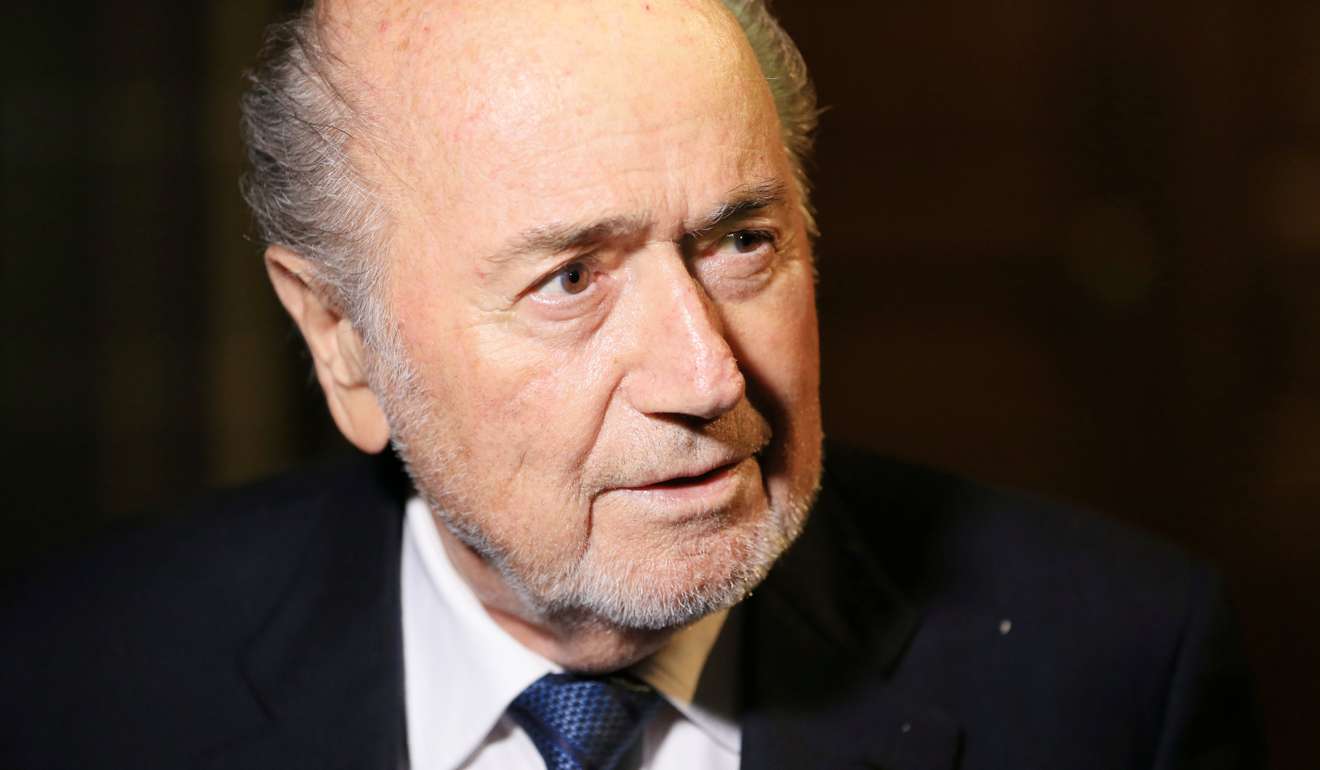
That it took the FBI to break Fifa’s codes of backhanders and force the dodgy dealers into squealing on each other underscored the ineffectiveness of governing bodies policing their own game.
The sight of tax investigators replete in stab-proof vests raiding iconic clubs is, however, not as embarrassing as it seems.
Sepp Blatter loses appeal at CAS against six-year Fifa ban
Sickening, yes, that it should come to this. But at least it shows the law is fed up with football’s ineptitude and has acted.
In an £8.5 billion game obsessed with getting even bigger, better and richer while growing ever more distant from match-day paying supporters, the coming of the tax man has never been such a welcome sight, because this is what progress looks like.

